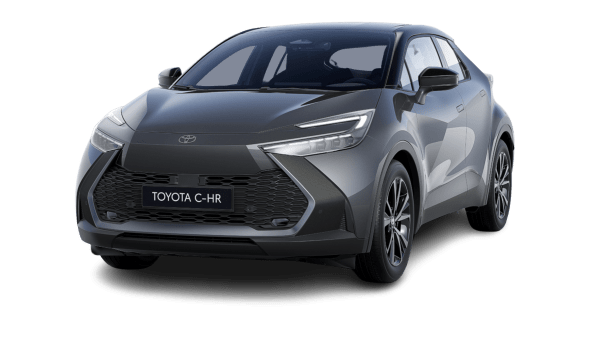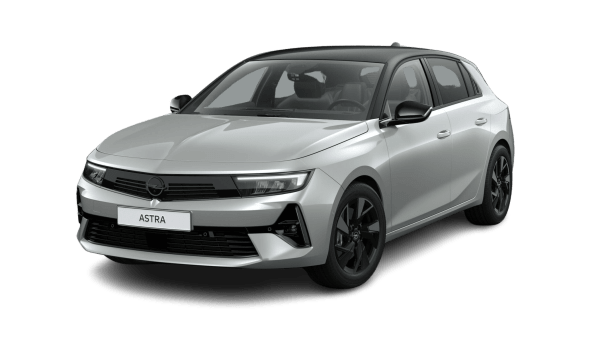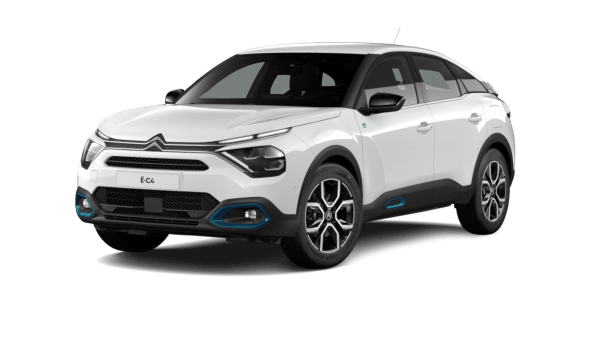Questions to Ask When Buying a Used Car
Buying a used car can feel like a drawn-out process full of pitfalls. Discover what questions you should ask before buying a used car to drive away satisfied.
Read time
8 minutes
Date
03.01.2024
Share
Spending your money on a used car has several advantages, the least of which is the money you save in depreciation versus purchasing a new car. Buying used can put you behind the wheel of a vehicle that’s been well taken care of and still has many years of service left. Used cars that aren’t more than a few years old may even have active factory warranty coverage to help cover the cost of common repairs. However, not knowing what questions to ask when buying a used car can put you behind the curve and at risk of making a less-than-ideal purchase.
Car ownership can be expensive and stressful, especially with most vehicles on the road already a few years past their prime. If you want to approach car ownership differently, check out a FINN car subscription. FINN offers one monthly payment that covers insurance, registration, depreciation, and maintenance. Flexible mileage and subscription length terms allow you to tailor your next ride to your needs, no questions asked.
Find your car
Questions to ask when buying a used car
The used car buying process hinges on gathering information to be confident in your final decision. Much of the information gathering requires asking the right questions to obtain the data you need. Below are several questions to consider when buying a used car.
Questions to ask yourself
Buying a used car requires checking in with yourself on various levels, from what you can afford to what you want in your next vehicle. Below are several questions you can use to help gain clarity and direct your focus for the next set of questions to come:
Will I trade my old car in?
How much can I afford in monthly payments and to spend on a car total?
How much does it cost to insure the car I want?
What features do I want in my next car?
Where will I look for a used car?
How much does it cost to own the car I want?
How much will basic maintenance such as oil changes cost?
Where will I take the car if I experience mechanical problems?
How much will car insurance premiums cost?
What safety features does the car I want have?
How many miles does the car I want have?
What has the car I want been used for?
Has the car I want been in an accident or repaired?
As tempting as it might be to look at vehicles before answering these questions, preparing yourself for your search will help you find more achievable and realistic results. When you know how much you can spend on a car, you’re more prone to keep to your budget. If you know what features you absolutely have to have, you can quickly weed out options that don’t fit the bill.
Question to ask a dealership
Potential buyers approach a car dealer knowing salespeople are there to make a sale. However, savvy buyers ask the questions below to elicit information and make a more informed decision:
What service(s) have you performed on this vehicle?
Can I take the car to my trusted mechanic for an inspection?
Does this car come with any warranty coverage (including extended warranty coverage) or add-ons?
Is this a certified pre-owned (CPO) car?
What payment methods do you accept?
What transaction fees apply?
What’s the out-the-door price for this car?
What is your return policy?
What rebates or incentives can you offer?
How many sets of keys come with the car?
What can you offer me for my trade-in? (if applicable)
What interest rate and other loan terms can you offer? (if financing)
If you plan on visiting a few dealerships to check out different models or just want to have a reference to return to, ask if you can get the information you asked about in writing. This written record can also help you compare offers but don’t rely on it as an enforceable agreement. Until the official paperwork has been signed, verbal agreements aren’t worth much.
Question to ask a private seller
Buying a used car from a private seller can help you avoid the hassle of dealing with a car dealership. However, you take more risks with private sales, especially if you don’t ask the seller the following questions:
Can I take the car for a test drive?
Can I take the car to my mechanic for a pre-purchase inspection?
Do you have any service records for the vehicle?
Have you owned the car since it was new?
Has the car had any previous owners, and if so, how many?
Does the car have a clean title?
Do you still owe money on the vehicle?
Is there anything wrong with the car?
Does the car have rust?
Can the car drive straight?
Why are you selling the car?
Does the car function, or is it driveable?
Has or will the car fail emissions testing?
Has the car been smoked in?
One of the most overlooked questions potential buyers dismiss in investigating a private car sale is, “What is my gut telling me about this car, the seller, or the situation in general?” The deal—and the car—may look good on paper, but if you’re not entirely comfortable with how things are going, take pause. Reapproach from another perspective to potentially avoid unwanted circumstances.
How to pay for a used car
The payment method(s) available when buying a used car depend on what type of seller you’re working with. If you work with a private seller, they typically want payment in cash. If the car you’re attempting to buy still has a loan balance on it, you must work with the seller and lender to exchange payment and vehicle ownership rights. Note that you must fulfill the loan balance with the lender before you can legally own the vehicle.
However, the process varies if you purchase a used car from a dealership. Paying in cash, with a credit or debit card, or financing the purchase may all be on the table as potential payment methods. However, charging a card often comes with transaction fees. Financing your purchase requires submitting to a credit check and negotiating terms if you choose to finance with the dealer. Ultimately, learning about how to pay for your used car purchase while you investigate the vehicle can help you better handle requirements and expectations.
Other tips for buying a used car
Most consumers take to the internet when making a purchase, especially if that purchase involves a few extra zeroes. Don’t underestimate the power of a few solid hours of research, especially if you plan on keeping your used car long-term. The following tips can also help you in buying a used car:
Contact your banking institution or credit union to investigate what financing offers you qualify for.
Focus on long-term costs rather than monthly payments.
Check the resale value of the car you’re considering to see how well it holds value.
Verify average repair costs and problems with sites such as RepairPal to more accurately estimate the cost of ownership.
Avoid add-ons, extended car warranties, or additional car repair coverage unless you feel they add to the car’s value in the short term.
Using your potential used car’s VIN, check with your insurance company to see how much adding your new used vehicle would affect your rates.
Sleep on your decision to ensure you’re confident in your choice.
Know when to reconsider the decision if the timing isn’t right. Finding deals on the best mom cars won’t work out if you can’t afford the monthly payments, no matter how good a deal you score.
Considering your alternatives can also help you gain perspective. While renting and leasing a car are options, subscribing to a car through FINN can also help you solve your problem. FINN offers flexible terms to help you extend the time you need to make the best decision, especially if that includes improving your credit or saving up for a larger down payment.
Questions to ask when buying a used car FAQs
What should you ask a car salesman about a used car?
Ask the car salesman as much as you can about a used car. Ask if any recent repairs have been done, how the dealership came by the car (auction, trade-in, etc.), how long the vehicle has been for sale, and what warranties may still be active. The more information you can gather, the better.
How do you check the service history of a used car?
You can check the service history of a used car by asking for receipts that show repairs done. You can also request a vehicle history report to check the car’s history and determine if the car has been in an accident, what repairs have been done (when and where), what recalls have been addressed, if any apply, and where the car was kept. Kelley Blue Book, CARFAX, and AutoCheck can help you find maintenance records and give you peace of mind.
What should you watch for when buying a used car?
When buying a used car, watch for cues that give you insight into its condition or how it was previously treated to better obtain a fair price. Calculate the average yearly mileage based on the current odometer reading and compare that to the average for the used car market. Review the vehicle’s history report and service records to determine what repairs have been made and what service intervals or outstanding recalls apply.
You may also like

Should You Buy a New or Used Car?
Explore the pros and cons, costs, and considerations in deciding between a new car or a more affordable used one.

How to Buy a New Car Online
You can buy almost anything online, including a new or used car. Read on to learn more about how to buy a new car online compared to the traditional method.

10 Tips for Buying Your First Car
Everyone approaches buying their first car differently. Here are 10 tips for buying your first car that you can use to make the experience a positive one.








